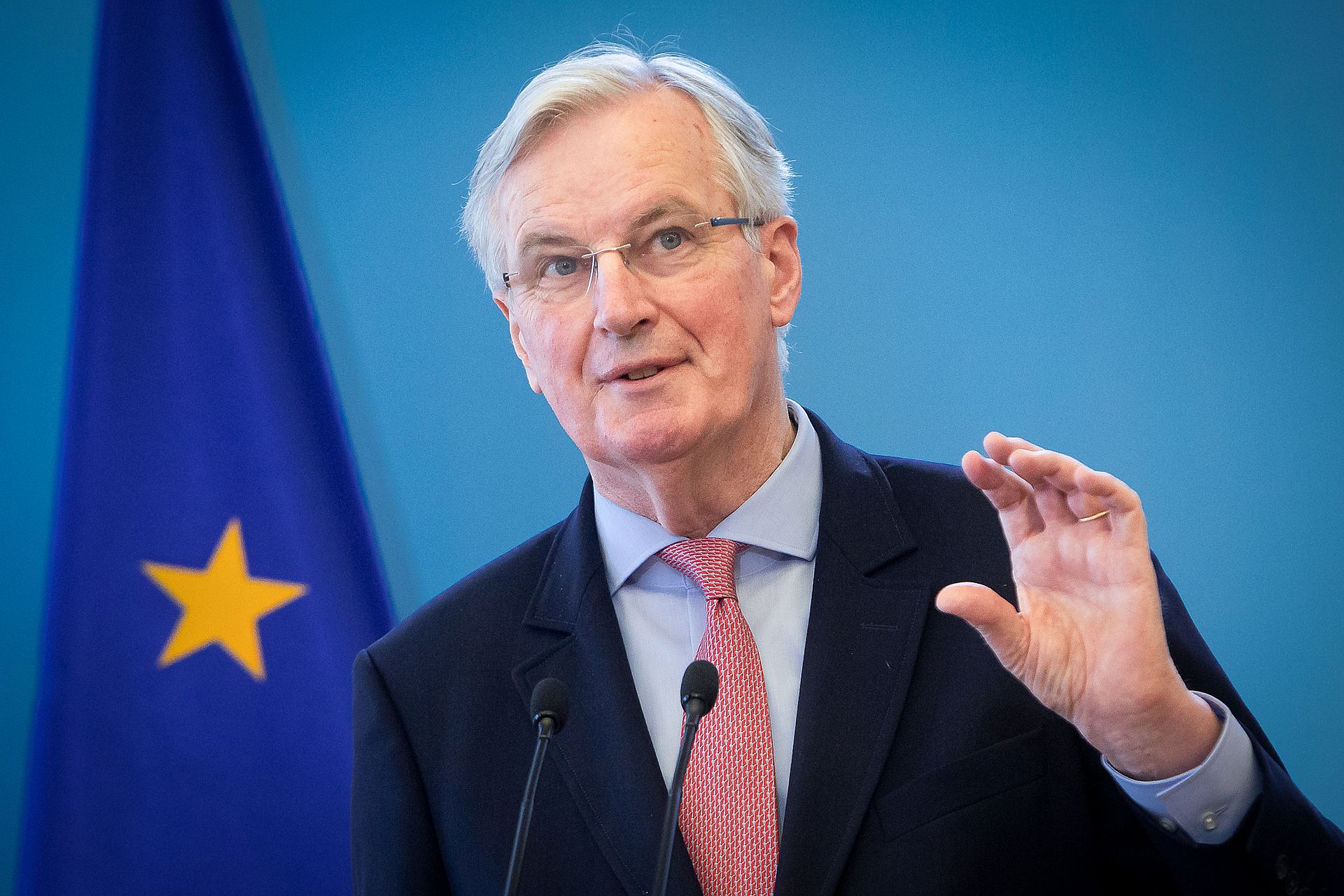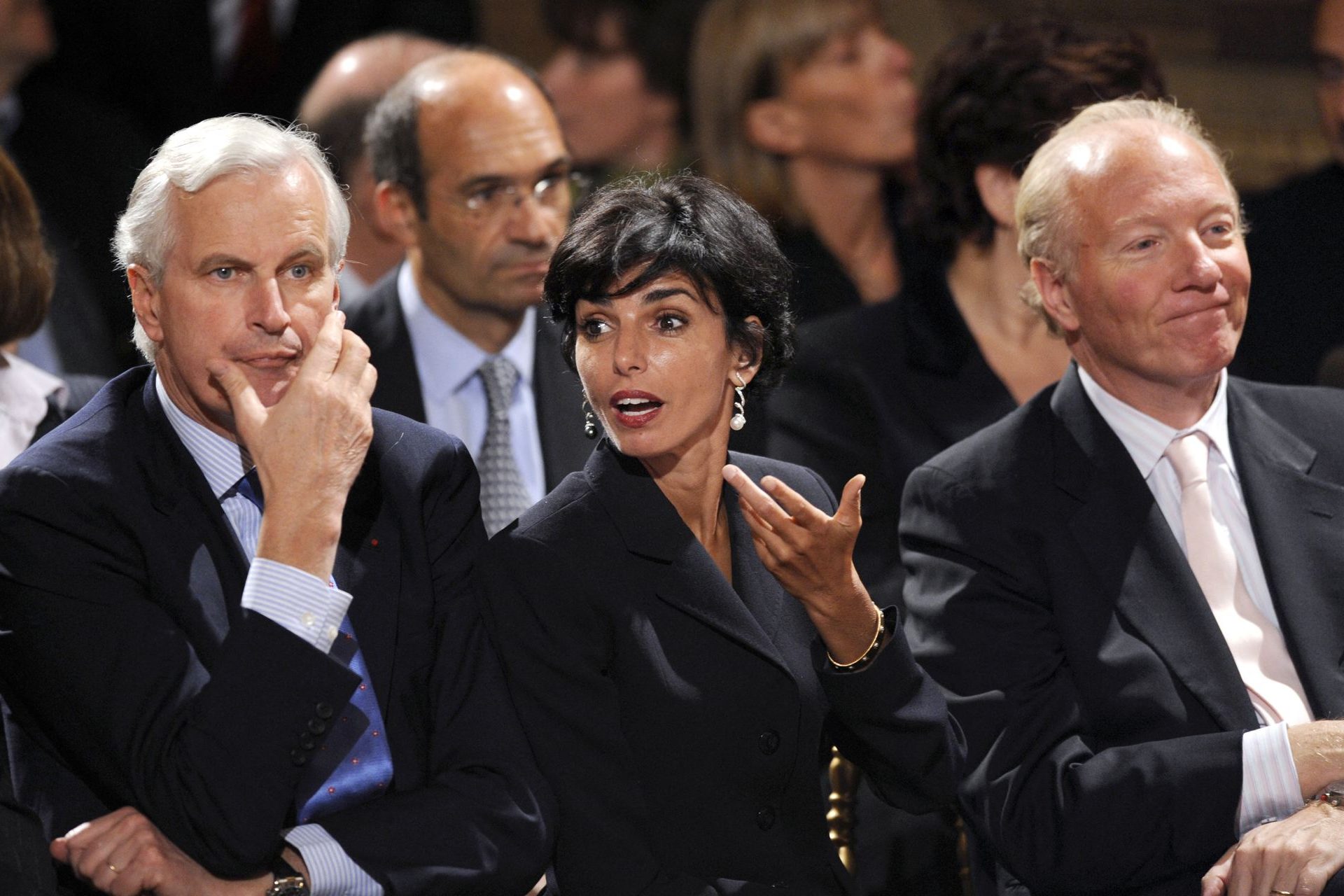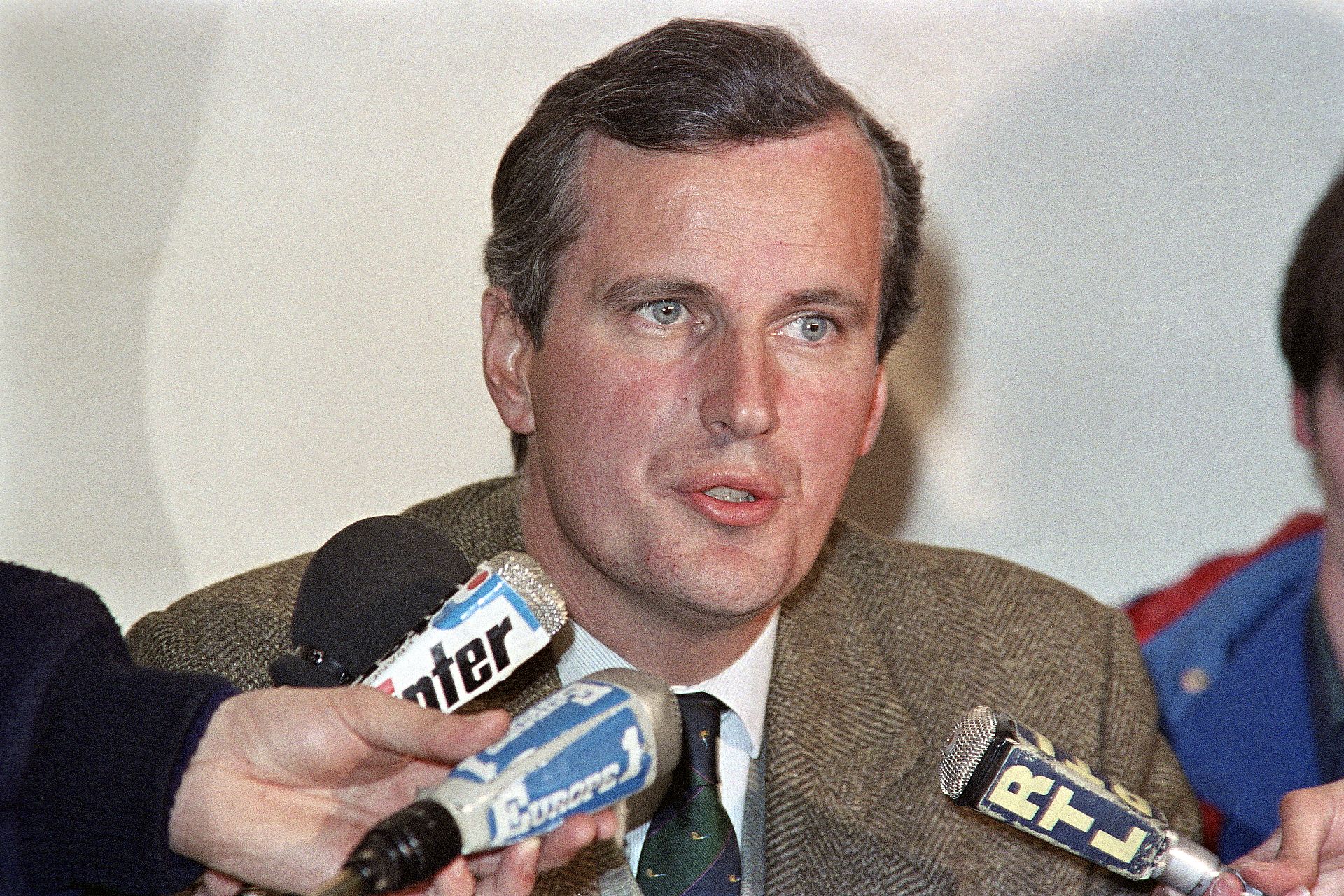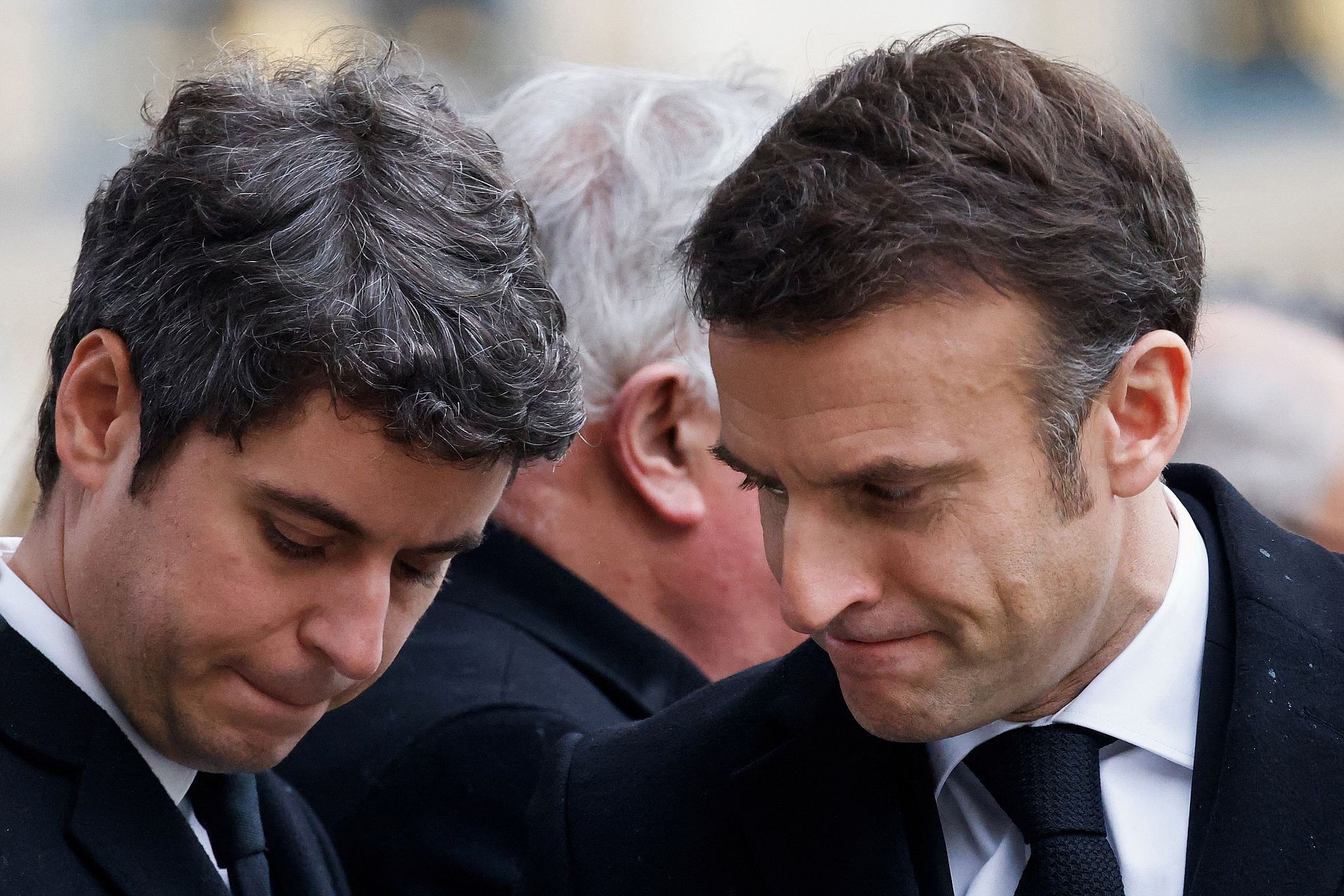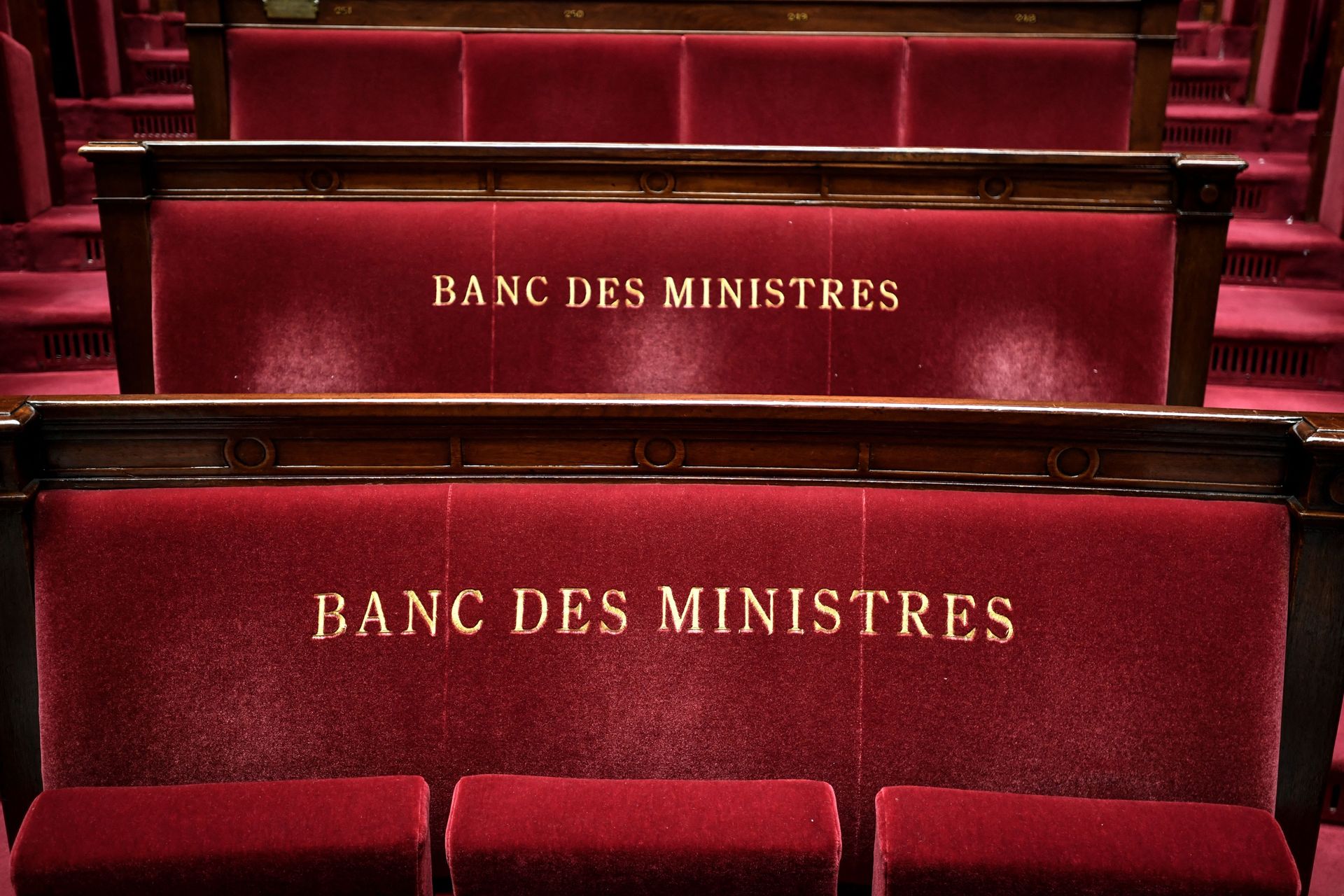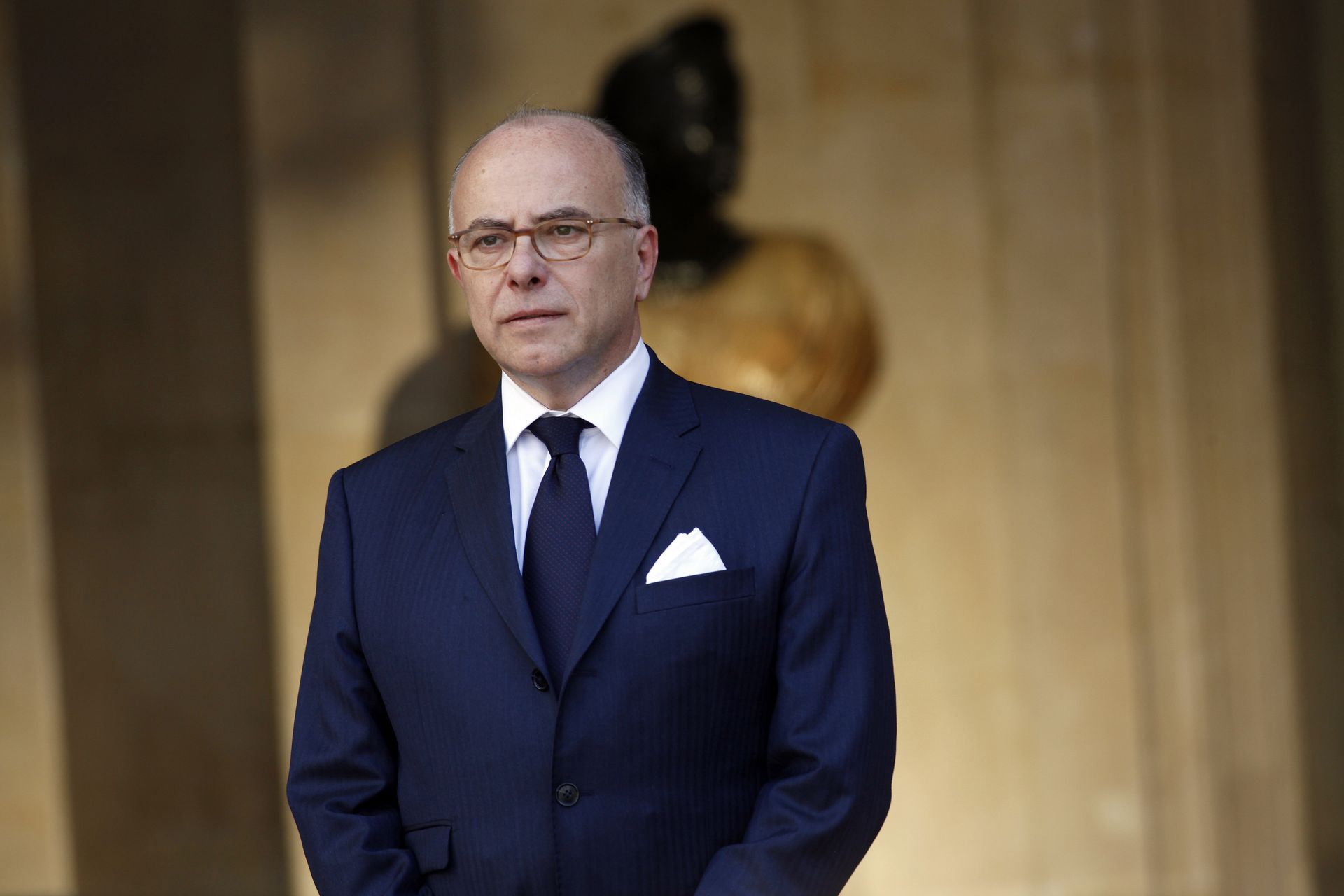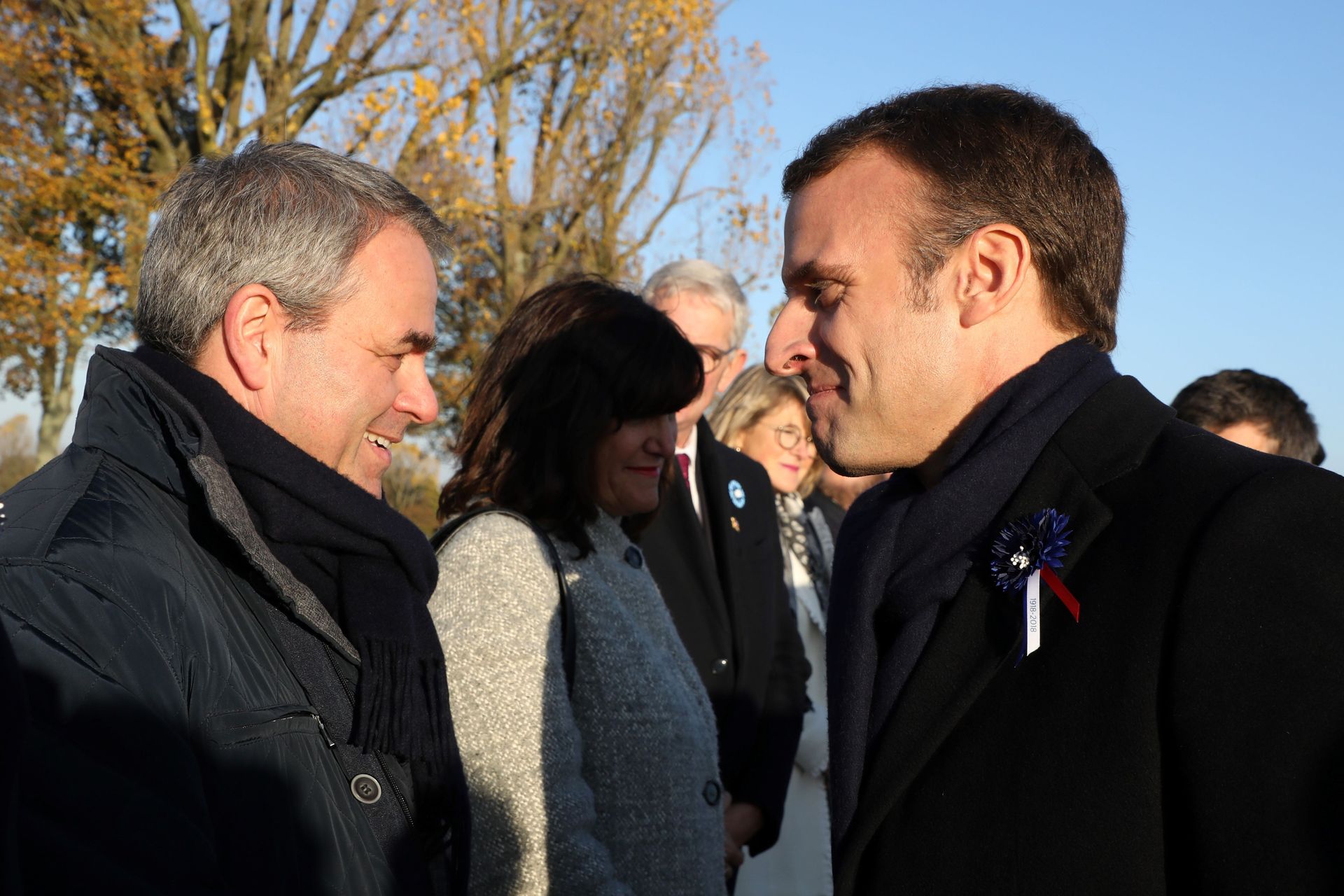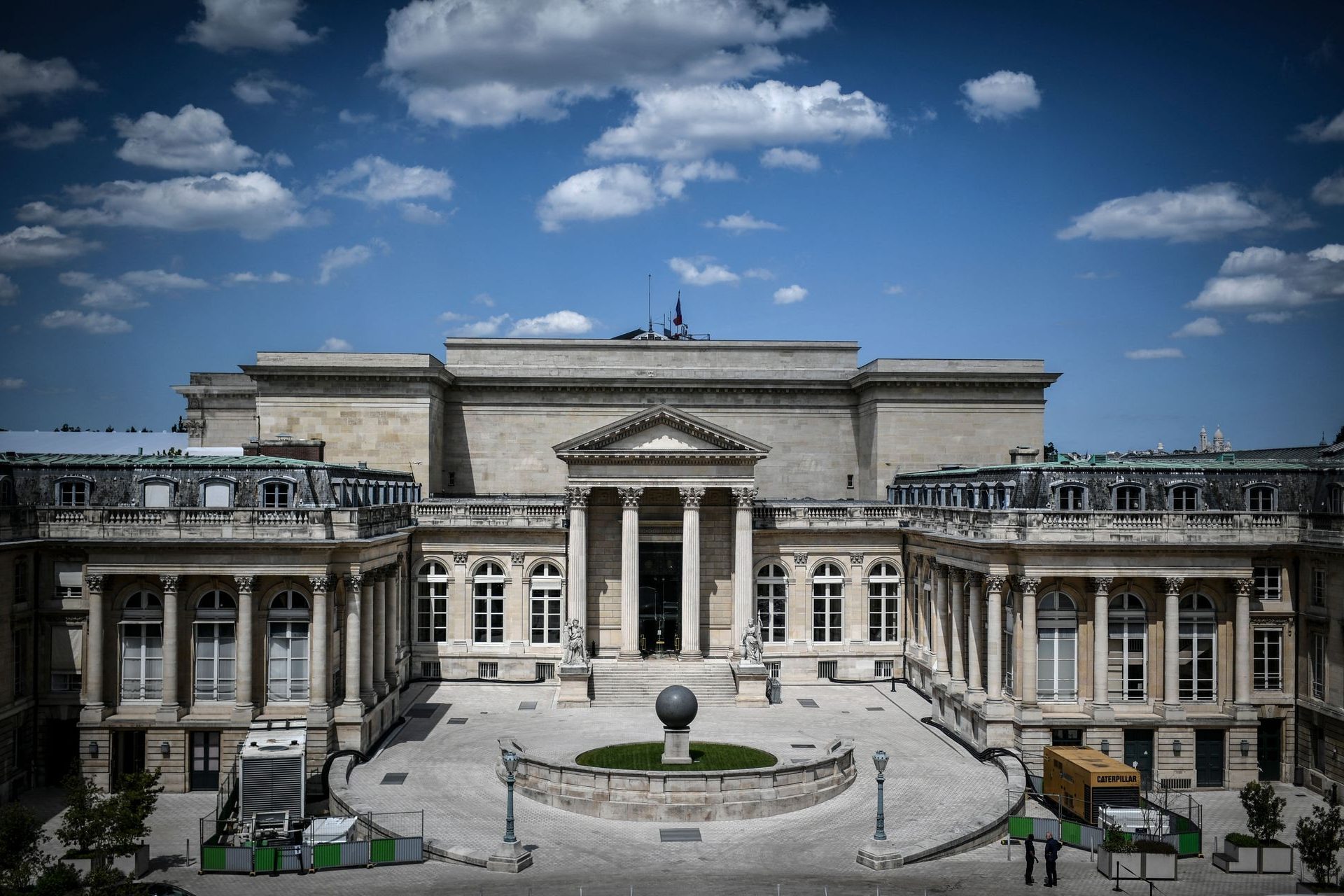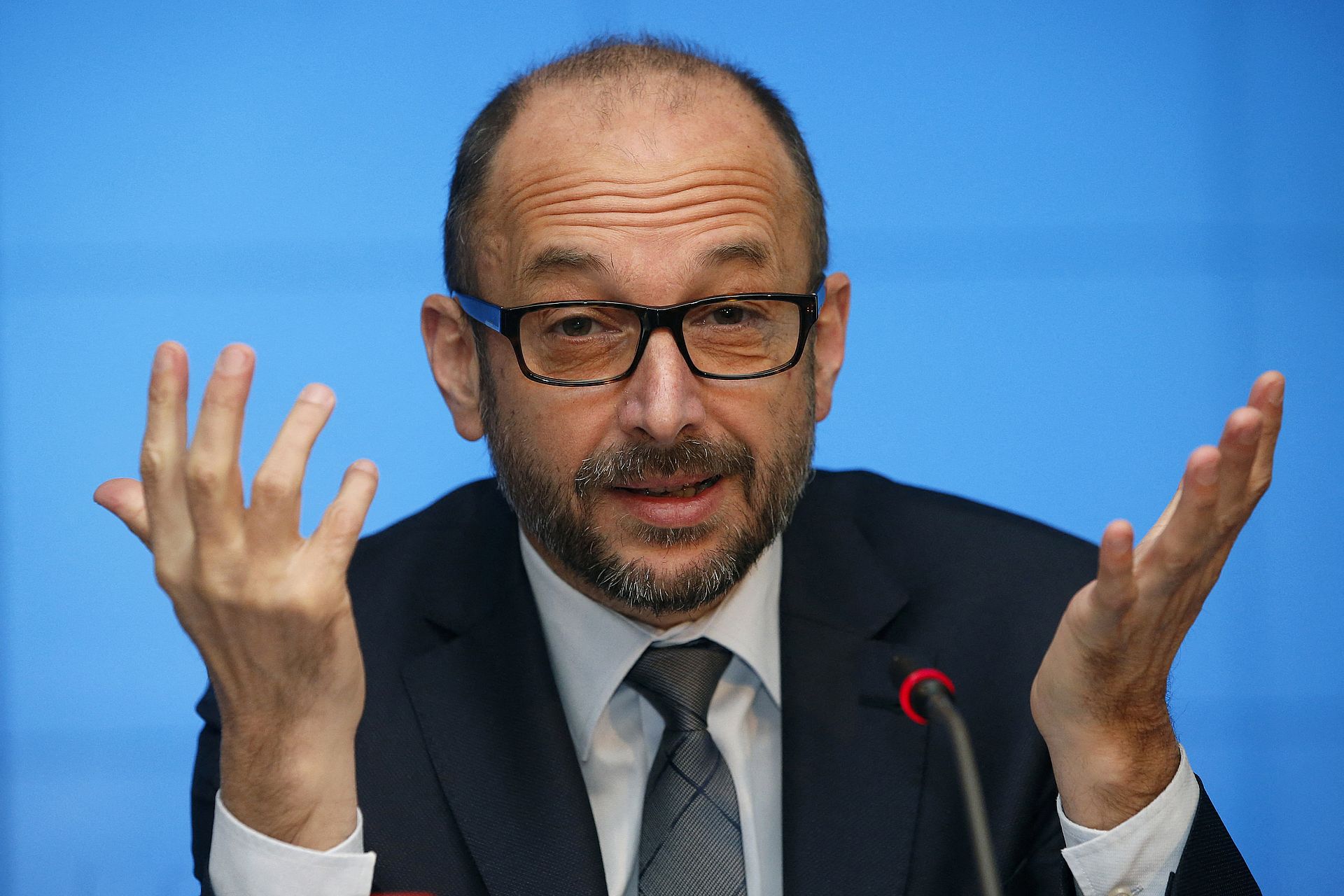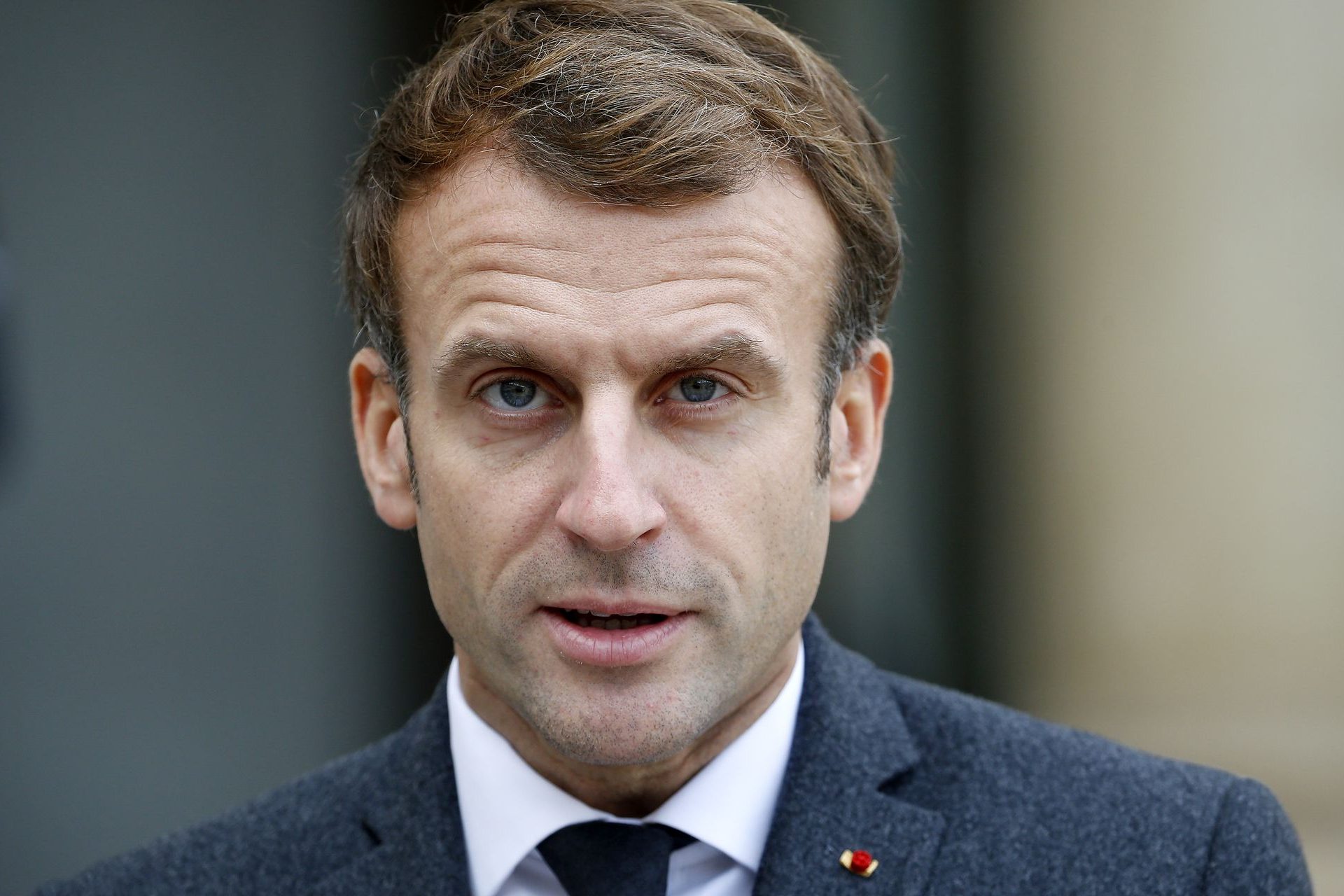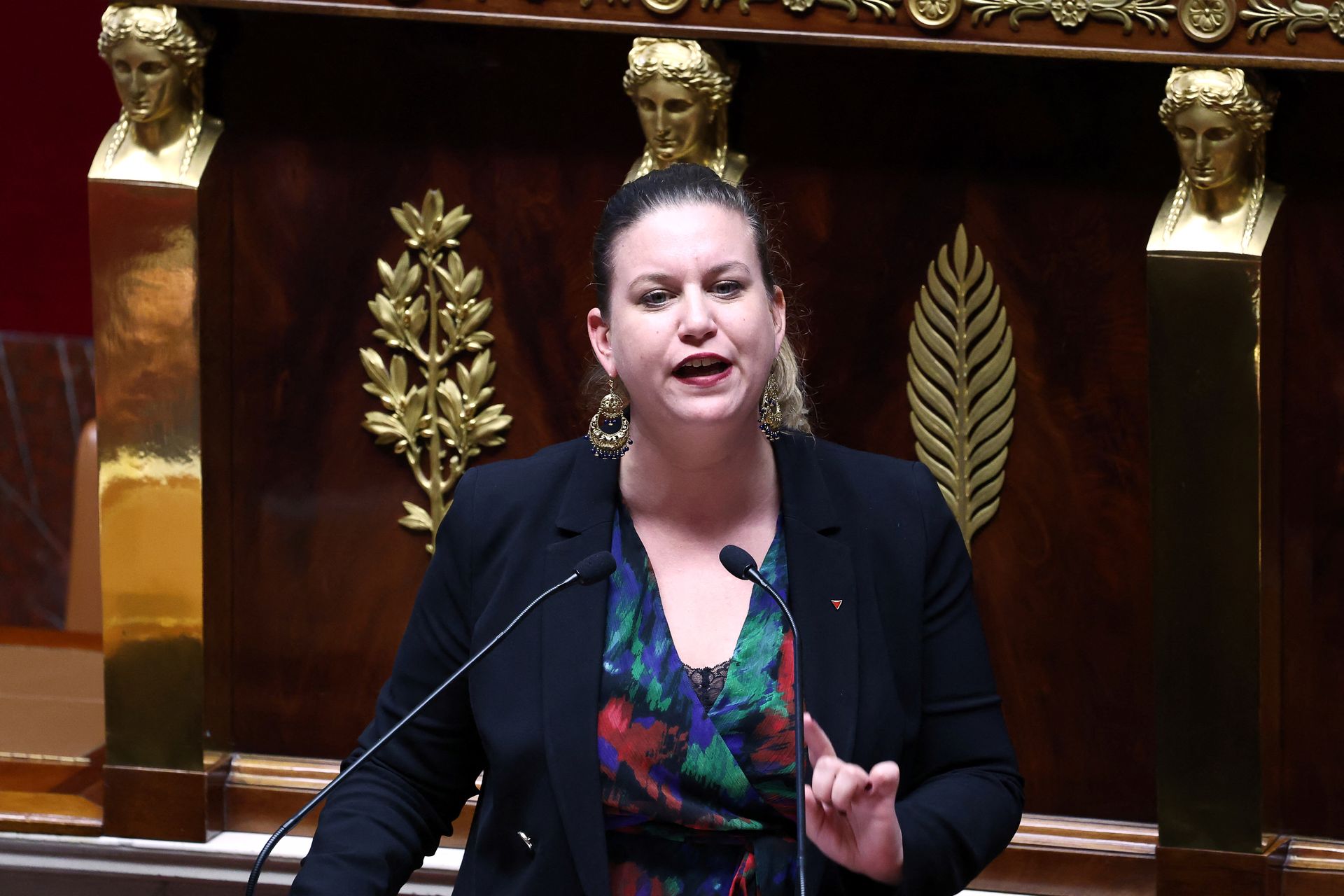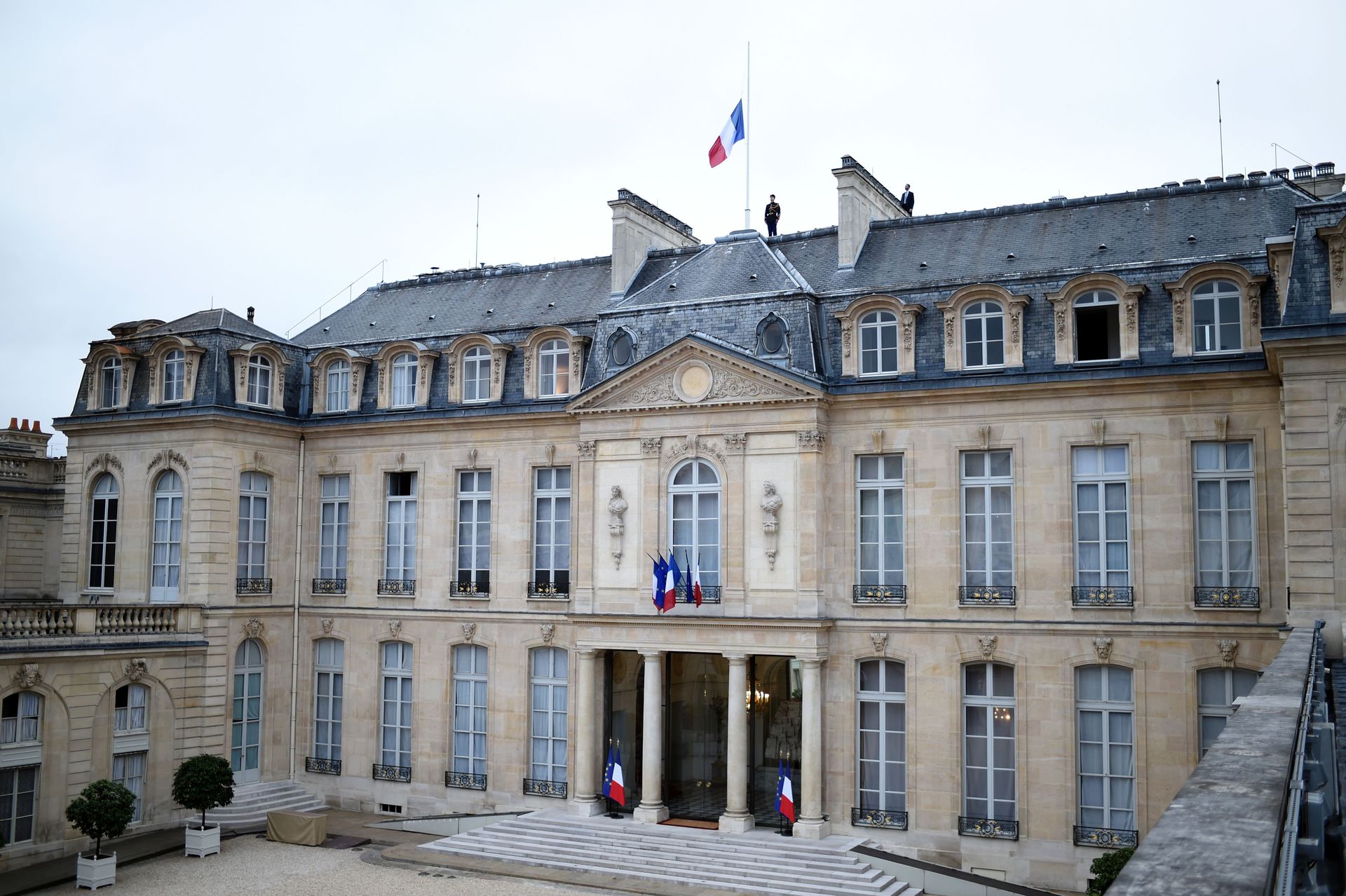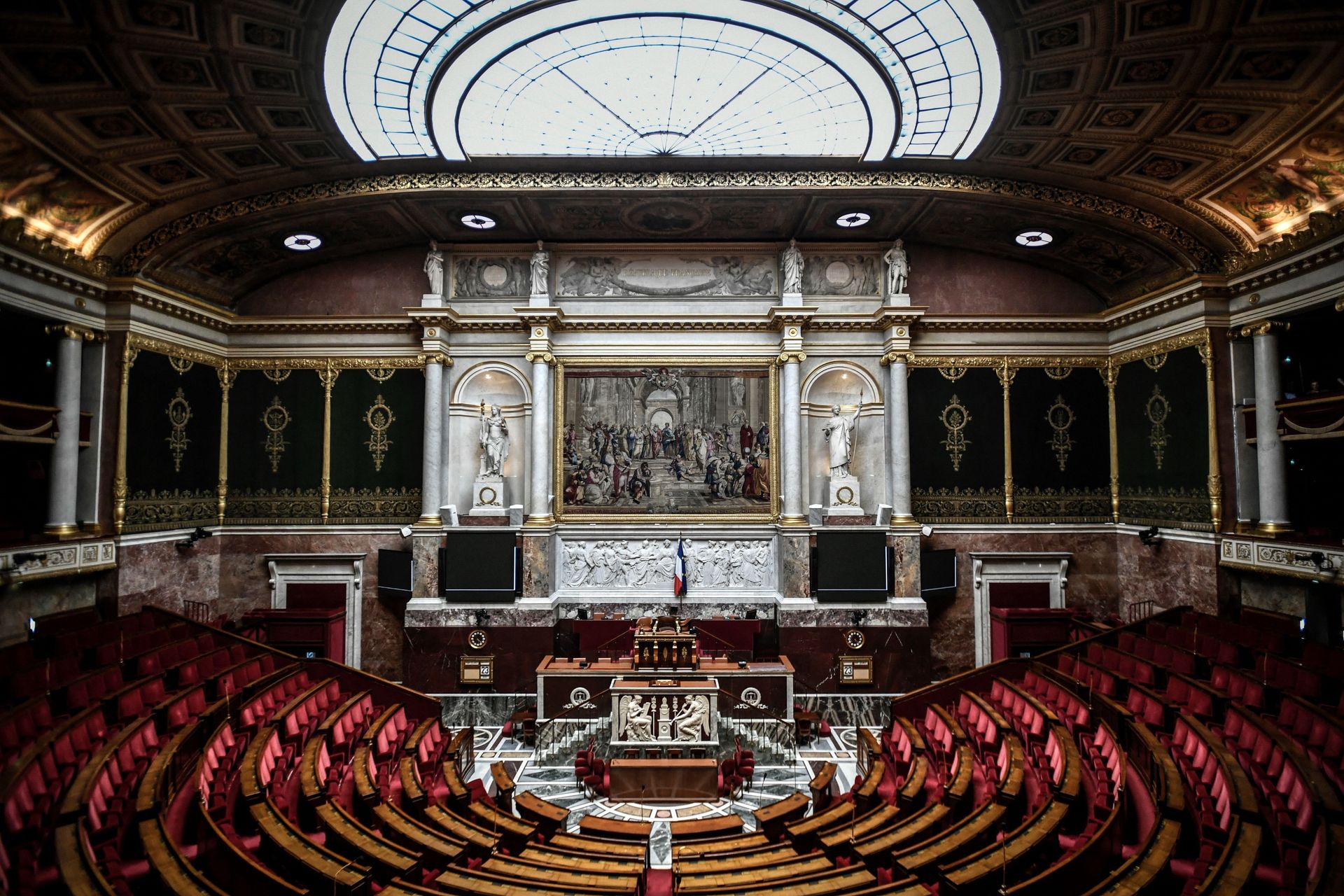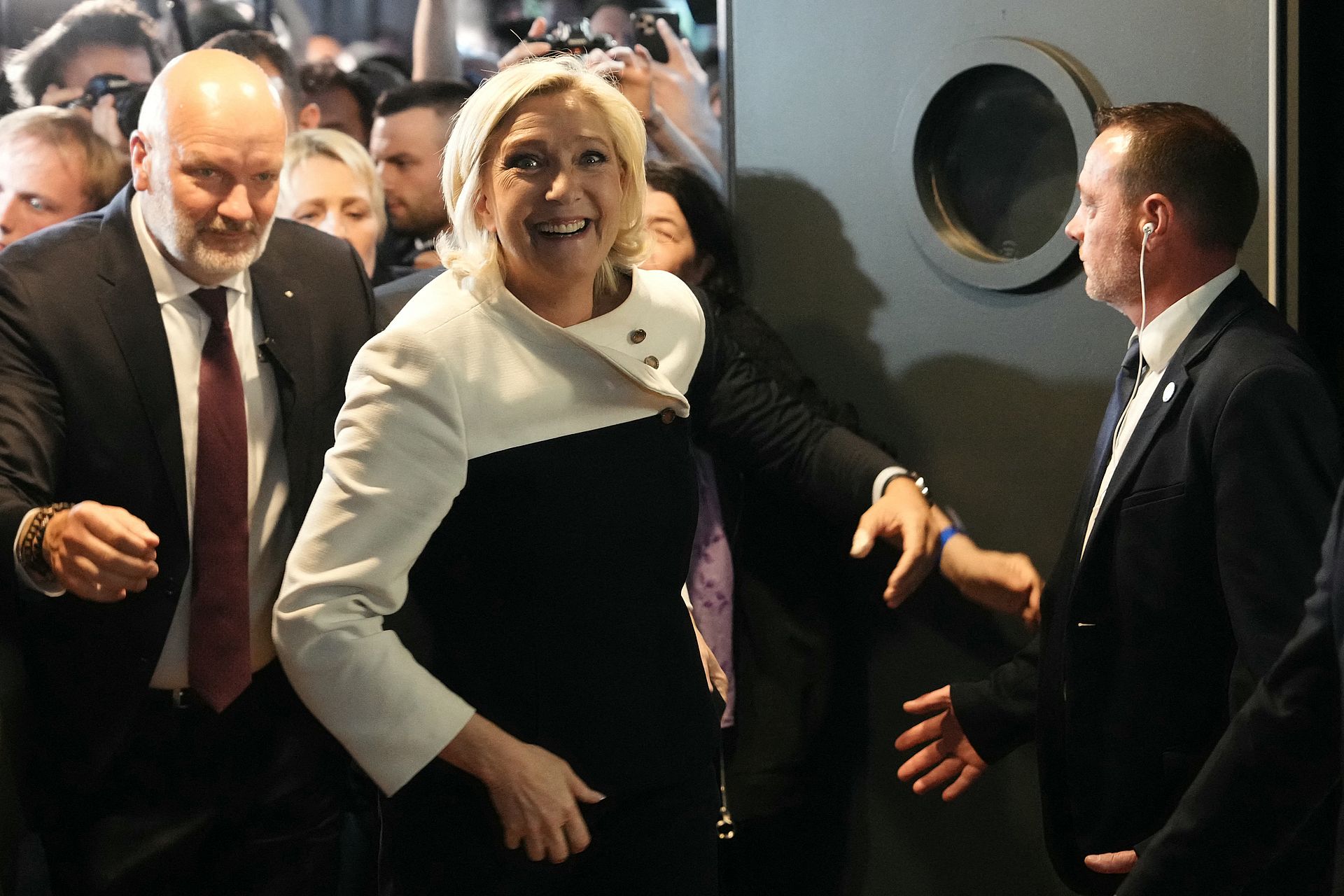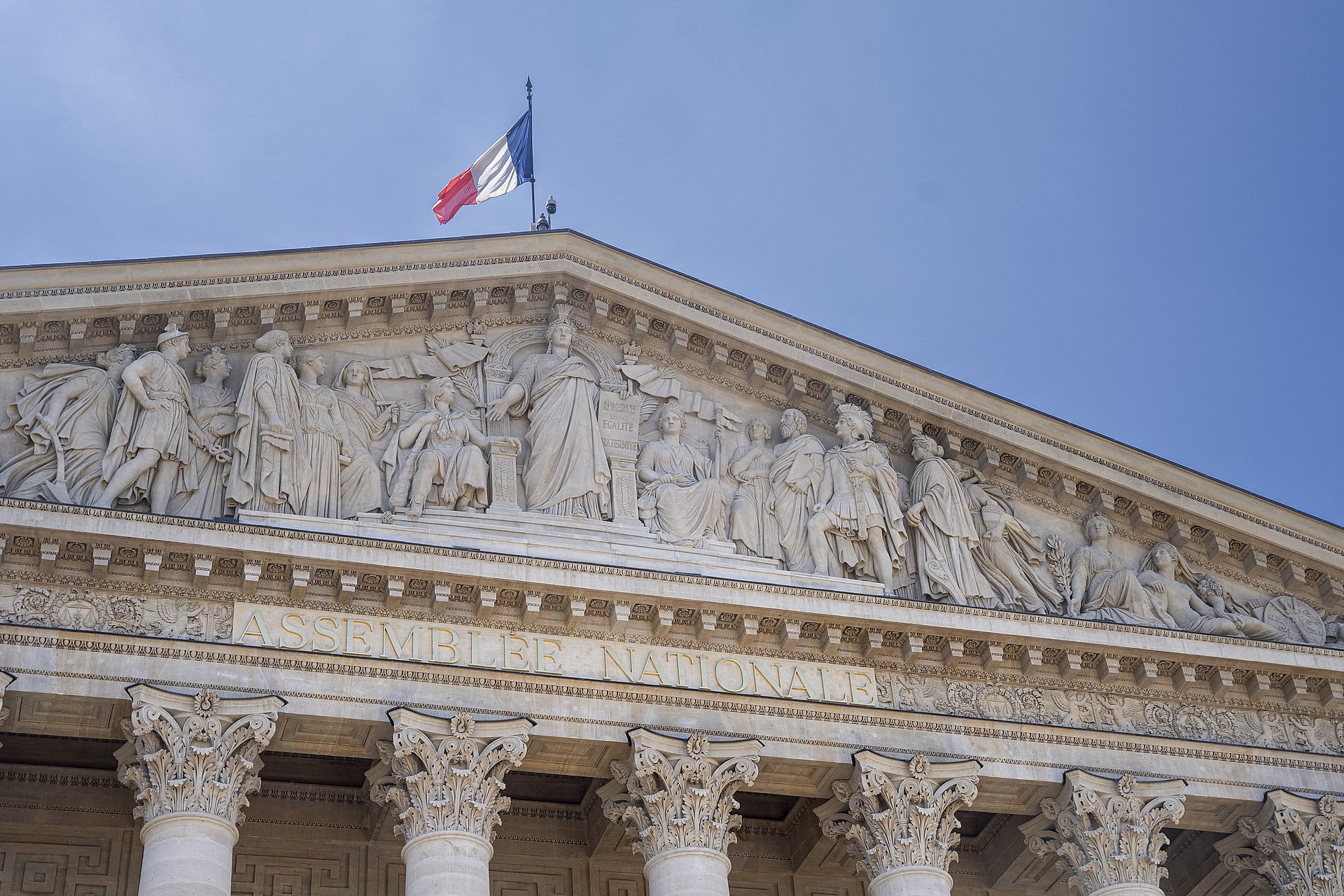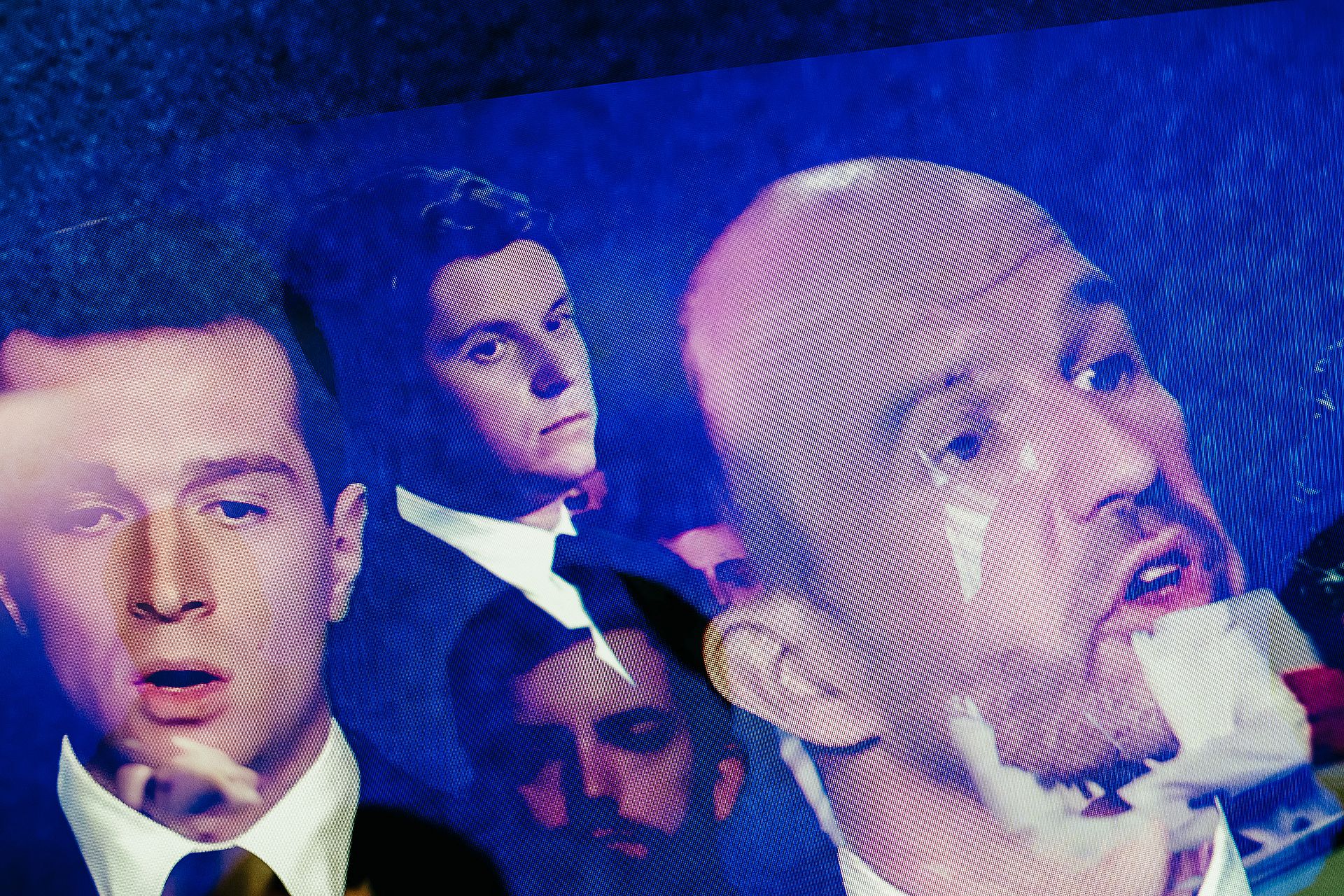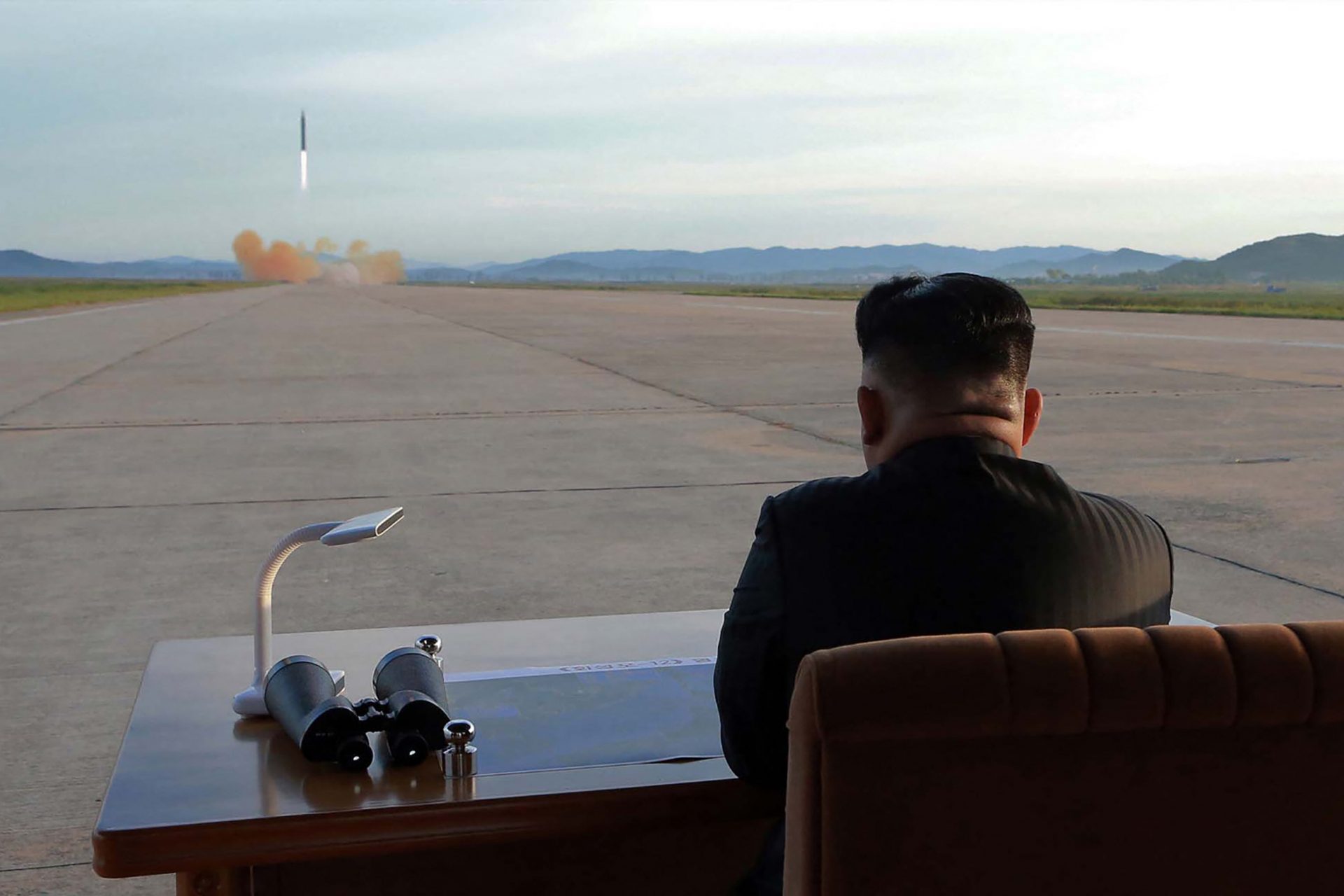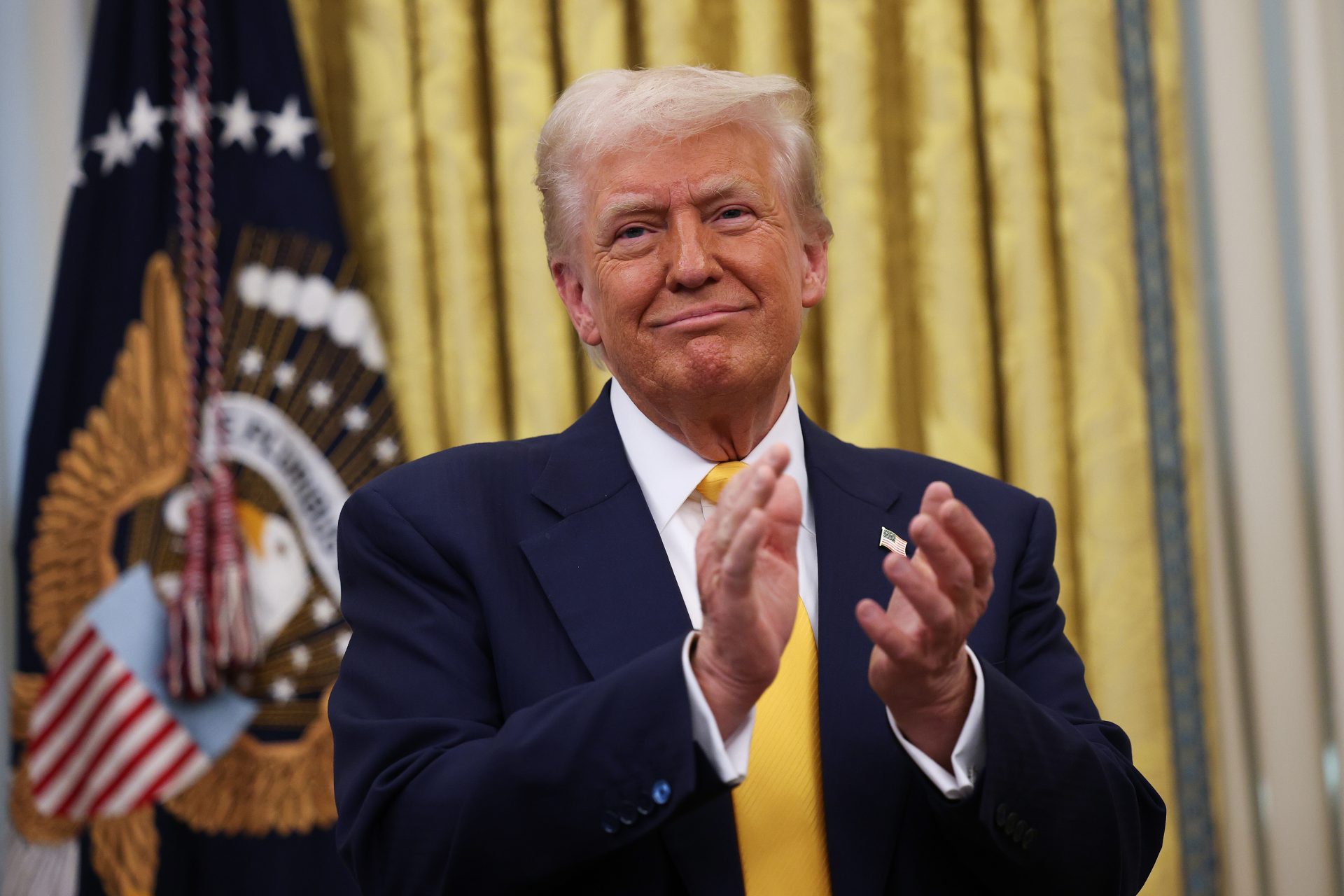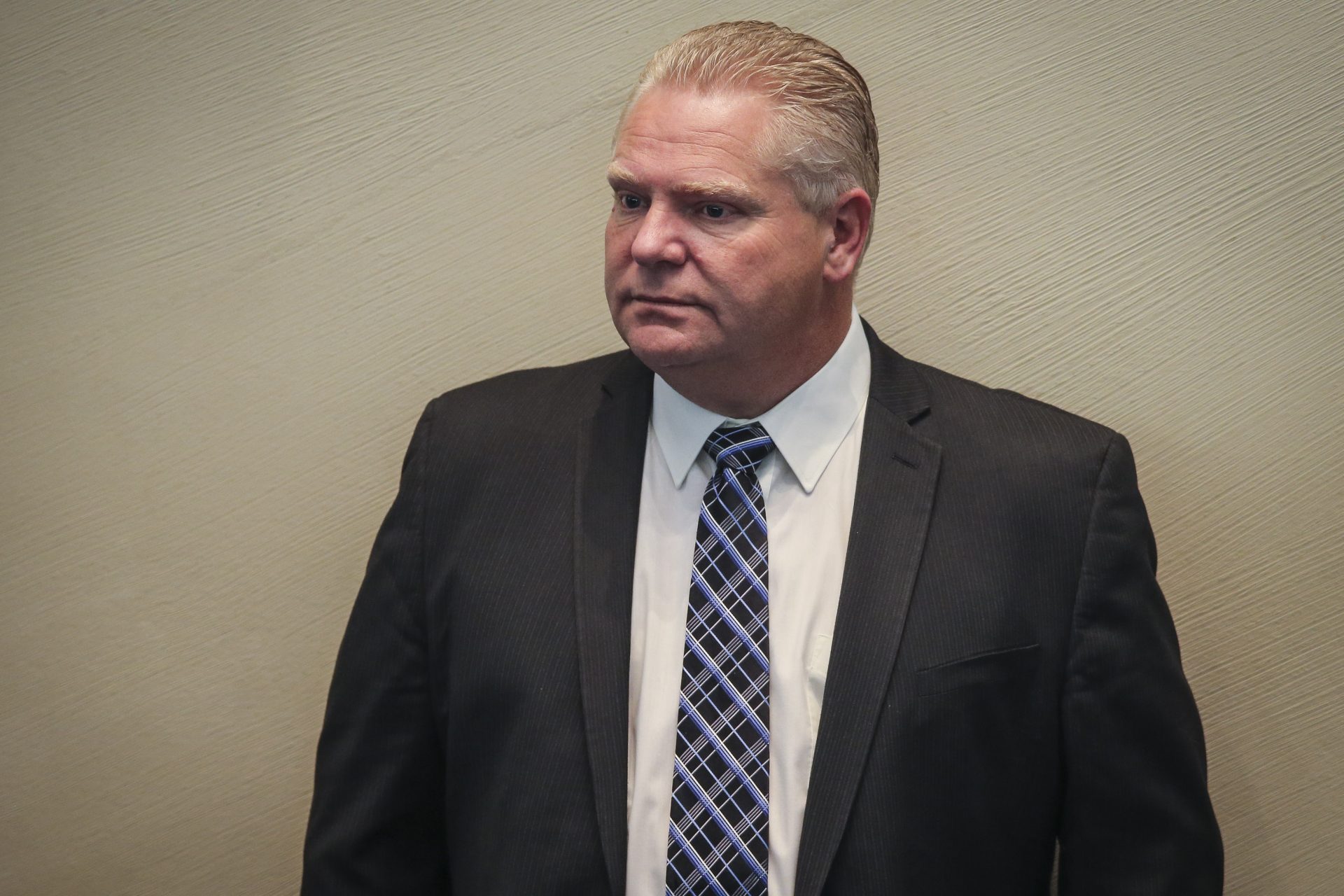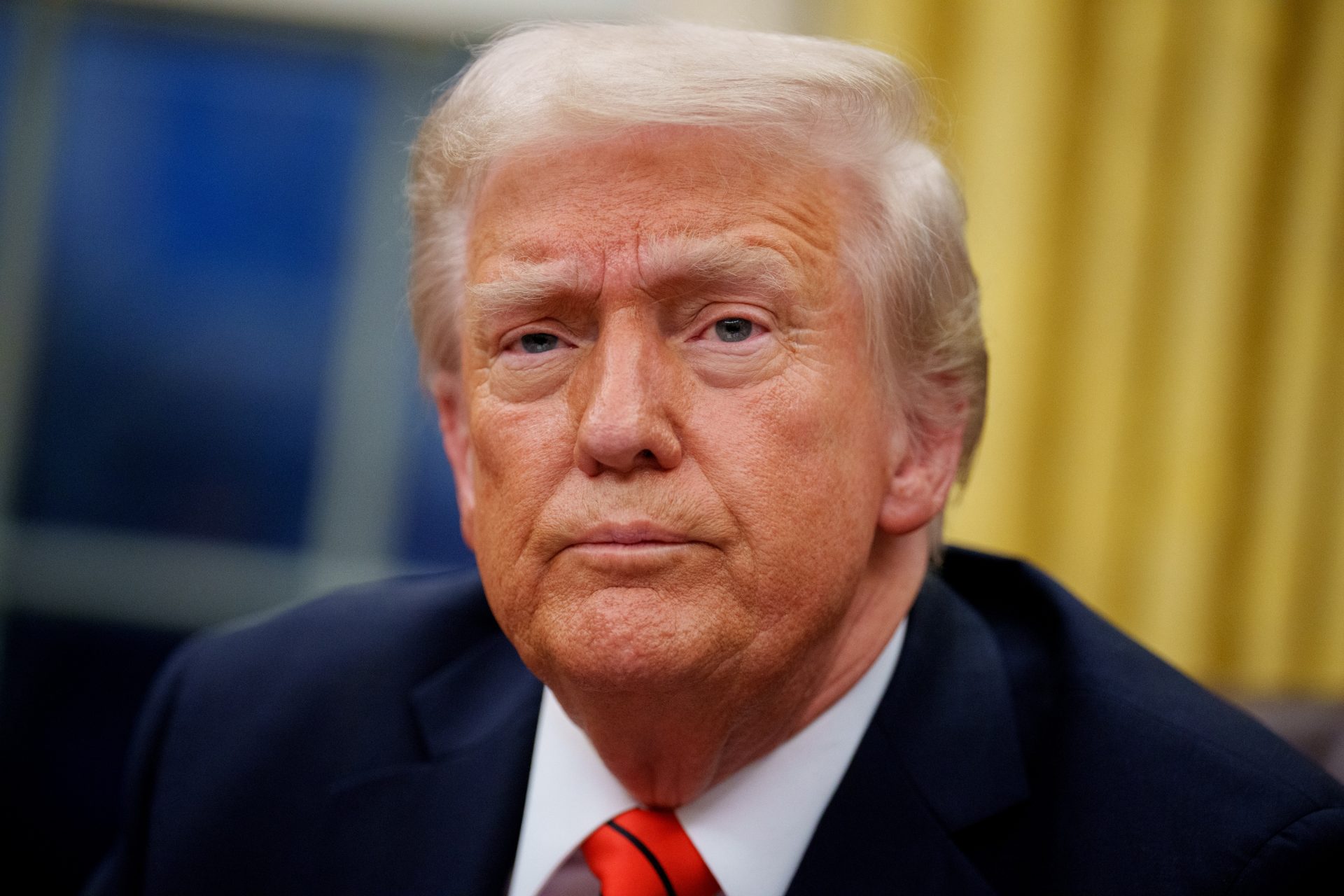Michel Barnier appointed Prime Minister in France after weeks of political uncertainty
After several weeks of political uncertainty in the absence of an absolute majority in the National Assembly, French President Emmanuel Macron made a decision by appointing Michel Barnier as Prime Minister on Thursday, September 5.
Aged 73 (making him the oldest head of government of the Fifth Republic), Michel Barnier is an experienced figure in the right-wing Gaullist party Les Républicains.
First president of the General Council of Savoie, where he initiated the organization of the 1992 Albertville Olympic Games, Barnier then held several positions as minister and European Commissioner. He was notably the Brexit negotiator on behalf of the European Union.
Nearly two months after the second round of legislative elections, France remained without a fully functioning government due to the absence of the appointment of a successor to Gabriel Attal.
The candidate for Matignon from the left-wing coalition who came out on top in the elections, Lucie Castets, had been definitively sidelined by Emmanuel Macron.
The President of the Republic had judged that it would be immediately censored by the other groups in the National Assembly, which would have opened a period of political instability.
In recent days, consultations between the head of state and representatives of political parties have taken place and several names have been tested. Without success until this Thursday.
Considered more consensual than Lucie Castets, the former Prime Minister of François Hollande, Bernard Cazeneuve, and the former minister of Jacques Chirac and Nicolas Sarkozy, Xavier Bertrand, were considered to lead the government.
However, the lack of support for these names from the far-right National Rally (RN) and the left-wing coalition would have made a rapid censorship of these two personalities almost certain.
Earlier this week, the possibility of nominating the president of the Economic, Social and Environmental Council (CESE), Thierry Beaudet, was also raised. But it was quickly dismissed due to the political inexperience of the person concerned.
Emmanuel Macron has been the subject of criticism from a large part of the political class, both for his method of postponing the nomination for a long time and on the substance, with the left considering itself legitimate in imposing on Matignon the personality it has chosen.
The La France Insoumise (LFI) group in the National Assembly has just initiated a procedure to impeach the President of the Republic, which has been signed by 81 deputies.
However, the hypothesis of an impeachment of Emmanuel Macron remains very unlikely at this stage, given the institutional obstacles to the procedure and the lack of support from other political parties for this initiative.
In the meantime, Michel Barnier will have to rely on a majority, even a relative one, to be able to govern. The LR groups and those from the presidential camp total 231 deputies, which is less than the absolute majority set at 289 seats.
Since the left can only oppose the nomination of a right-wing personality, the RN finds itself in a position of arbiter for the investiture of the government.
"We will judge on the evidence," said far-right MP Sébastien Chenu, quoted by Les Échos , suggesting that his party does not guarantee not to censor the new executive.
Although France once again has (at least temporarily) a Prime Minister, the political crisis triggered by the dissolution is not over, between the upcoming budget vote, the mobilisation of the left and the constant absence of a majority in Parliament.
More for you
Top Stories



